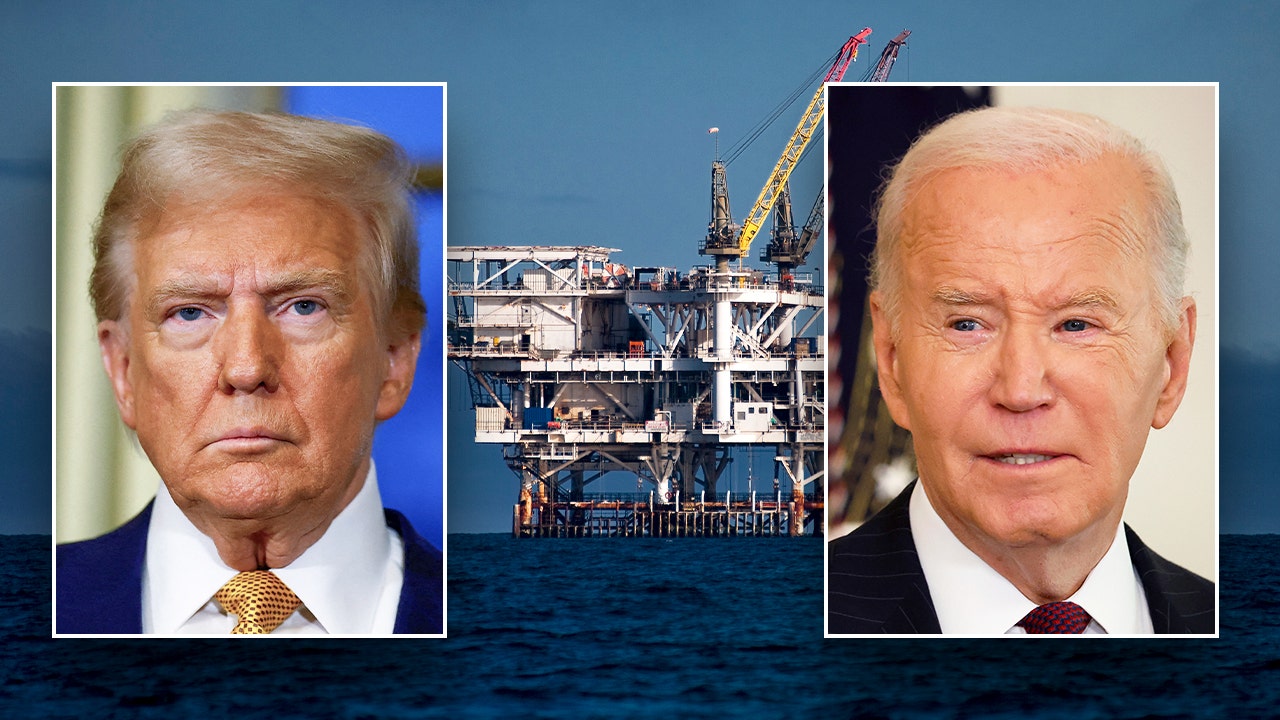Trump plans to ‘immediately’ reverse Biden’s ‘ridiculous’ ban on new oil and gas drilling along US coast

President-elect Donald Trump has made it clear that he intends to reverse President Biden’s recent ban on offshore drilling along most of the U.S. coastline as soon as he takes office. This move comes as part of Trump’s promise to expand oil and gas drilling in order to strengthen American energy production.
Biden, in one of his final acts as president, issued an executive order to halt new oil and gas drilling across approximately 625 million acres of U.S. coastal and offshore waters. The order, issued under the Outer Continental Shelf Lands Act (OCSLA), aims to prevent future oil and natural gas leasing along the East and West coasts, the eastern Gulf of Mexico, and parts of Alaska’s Northern Bering Sea.
Trump, however, has voiced his opposition to Biden’s decision, stating that he plans to reverse the ban as soon as he assumes office. Despite his intentions, Trump faces a significant obstacle in the form of the 70-year-old OCSLA, which prevents presidents from overturning bans established by previous administrations without congressional approval.
This legal hurdle was highlighted in a 2019 ruling by a federal judge, affirming that presidents do not have the authority to unilaterally reverse offshore drilling bans. As a result, Trump will need to seek approval from Congress in order to proceed with his plans to expand drilling activities.
Biden defended his decision to block offshore drilling, citing concerns about the environmental impact and the need to transition to a clean energy economy. The move is part of his administration’s broader efforts to address climate change and promote renewable energy sources.
In response to Biden’s executive order, Trump’s spokeswoman, Karoline Leavitt, criticized the decision as a politically motivated attack on American energy independence. Leavitt expressed confidence that Biden’s efforts to restrict drilling would ultimately fail, emphasizing the importance of increasing domestic energy production.
As the transition of power unfolds, the future of offshore drilling in the U.S. remains uncertain. With competing visions for energy policy and environmental protection, the debate over offshore drilling is likely to continue as the new administration takes shape.




